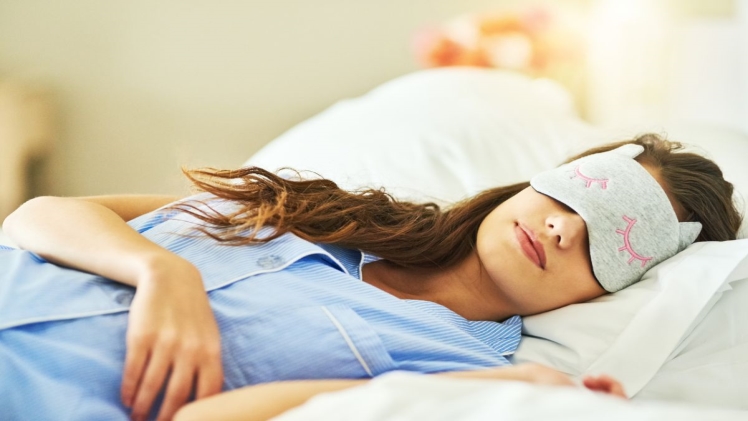Sleep is one of the most important processes for your body and mind. It’s a restorative process that your body requires. Unfortunately, many people get poor quality sleep and not enough of it. The good news is, you can make several adjustments to your sleep environment to improve the quality of your sleep very easily. In this article, you will learn some of the best tips to get a better night’s sleep.
A Few Of The Top Tips To Get a Better Night’s Sleep:
1. Routine
One of the best tips to get better sleep at night is to come up with and maintain a consistent routine. Everyone thrives in their routines. People are generally creatures of habit. Whether it’s waking up to brew your favorite coffee or working out after you wake up, there are likely things you do consistently every day. If you apply this same thing to your nighttime activities, you will improve not only how quickly you fall asleep, but the overall quality of your sleep. Having a routine is a must for anyone that is looking to optimize their sleep. There are several things you can do for your routine to prep your body for sleep. This could be reading a book right before you go to sleep. This could be meditating before you lay down. It could even be listening to relaxing music. Find something that you enjoy and do it consistently. Eventually, it will signal to your body and mind that it’s time to wind down which can make it easier to fall asleep.
2. Stop Using Electronics At Night
One of the key things you want to do is avoid using electronics at night. A lot of people make the costly mistake of using their favorite electronics and mobile devices at night. Not only is what you are reading or watching likely stimulating you, but the screens themselves emit blue light. Unfortunately, exposure to blue light can closely simulate exposure to natural daylight [1]. In return, our body and mind get tricked into thinking it should be awake. When in reality, you should be sleeping. This can cause you to have a more difficult time falling asleep when your body should be prepping for it. While not everyone can avoid screen exposure at night, there are things you can do to minimize its negative impact on your sleep. One of the best ways is by getting a pair of blue-light-blocking glasses. If not, you can download an application on a lot of mobile devices that will block the blue light through the software.
3. Avoid Coffee After Noon
One of the biggest mistakes a lot of people make when they are having difficulty sleeping is drinking caffeine too late. You want to avoid drinking caffeine too late because it can negatively impact your sleep even 6 hours later [2]. Because of this, you want to try to avoid drinking any amount of caffeine afternoon. That should be a good cutoff time for your caffeine consumption. By sticking to drinking your caffeine in the morning, you can minimize the potential for it to negatively impact your sleep.
4. Stay On Schedule
A big issue a lot of people have is an inconsistent sleep schedule. While you may want to get in more sleep throughout the weekends because you don’t have to wake up early for work, that’s only going to hurt you later on. You want your sleep schedule to stay as consistent as possible. This is due to your body having an internal clock. The internal clock in your body signals when it’s time to wake up and when it’s time to go to sleep. Because of this, you want to keep this clock running consistently. By waking up and going to sleep at the same time every night, you can avoid disrupting your internal clock to keep you on schedule.
Overall, there are plenty of different things that you can do to improve the quality of your sleep. By using the various tips above, you can improve your ability to not only fall asleep but to get high-quality sleep every time you lay down at night.
References:
[1] https://www.health.harvard.edu/staying-healthy/blue-light-has-a-dark-side
[2] https://www.sleepfoundation.org/nutrition/caffeine-and-sleep

